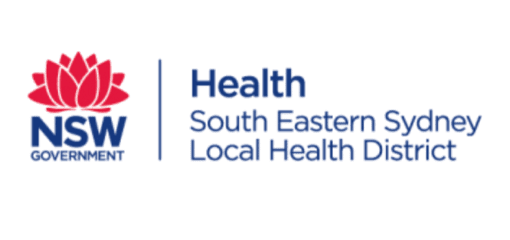Integrated Care Pathways for People with Co-occuring Mental Health and Substance Use Problems


Professor Nick Lintzeris
Professor Nick Lintzeris

Professor Nick Lintzeris
Professor Lintzeris is a practising addiction medicine specialist, Director of Drug and Alcohol Services, South East Sydney Local Health District and Conjoint Professor in the Specialty of Addiction Medicine, Faculty of Medicine and Health, University of Sydney. He is the current President of the Chapter of Addiction Medicine, Royal Australasian College of Physicians, past Chief Addiction Medicine Specialist for NSW Health, and Foundation Chair of the NSW Drug and Alcohol Clinical Research and Improvement Network (DACRIN).
Professor Lintzeris has a keen interest in clinical and translational research in the drug and alcohol field, with 200 peer reviewed journal publications. A key interest is the use of clinical information routinely collected in electronic record systems to enable research and evaluation and improve care for people with substance use disorders
People living with mental health challenges and co-occurring substance use issues often cannot find streamlined, integrated and patient-centred care that addresses both needs.
About the project
The research team is a unique collaboration of clinicians, people with lived experience of mental health and drug and alcohol issues, and health service managers who have come together to identify ideas to improve the responses of mental health and drug and alcohol services to people with co-occurring conditions. The group is developing four initiatives to address the gaps and barriers in service provision and deliver co-ordinated care to improve people’s experiences and health outcomes:
- Mental health and alcohol and other drugs resource package
A project team, with a clinical reference group including people with lived experience, has developed a directory of online and telephone resources (local and national) for people experiencing co-occurring mental health and drug and alcohol conditions. Targeted at clinicians, the directory gives fast reference for information or services for people with less severe mental health and drug and alcohol conditions.
- Health Pathways
This project is developing clinical pathways for GPs to support people who have both mental health and drug and alcohol conditions, ensuring they can access services and information at the appropriate time. This ‘no wrong door ‘approach is intended to integrate patient journeys between general practice, specialist mental health and drug and alcohol services and physical health clinics, within the community, hospital and non-profit service sectors.
- Electronic Medical Record
Appropriate use of electronic medical records means clients do not have to repeat their story to multiple services, and can improve the quality of referrals and the patient journey through the system. This collaboration is looking at what is required to do this effectively, including workforce issues, clinical pathways, clinical information systems and approaches to cross-disciplinary team communication.
- Multidisciplinary shared care plans
This initiative addresses how GPs can share patient care with SESLHD mental health services, for complex mental health conditions. It involves an electronic shared care plan between GPs and the health district clozapine clinic for supporting these patients, some of whom also have alcohol and other drug issues.
The learnings and outcomes developed through this project will be applied across the whole South Eastern Sydney Local Health District, addressing service fragmentation and providing a template for service coordination in other regions.
Funding Sources
- Commonwealth grant funding awarded by the Australian Government Department of Health and Aged Care
- The Serpentine Foundation
Other Projects
View allKeeping the Body in Mind: Vaccines
Keeping the Body in Mind: Primary Care
Addi Moves: Exercise for People from Refugee and Asylum Seeking Backgrounds
INTERACTION: Intergenerational clinical trial in at risk older adults and pre-school children
Mindgardens Functional Neurological Disorders Clinic
Interested to hear more?
Do you want to learn more about past or present Mindgardens work?
"*" indicates required fields
Brings together the strengths of four founding organisations




